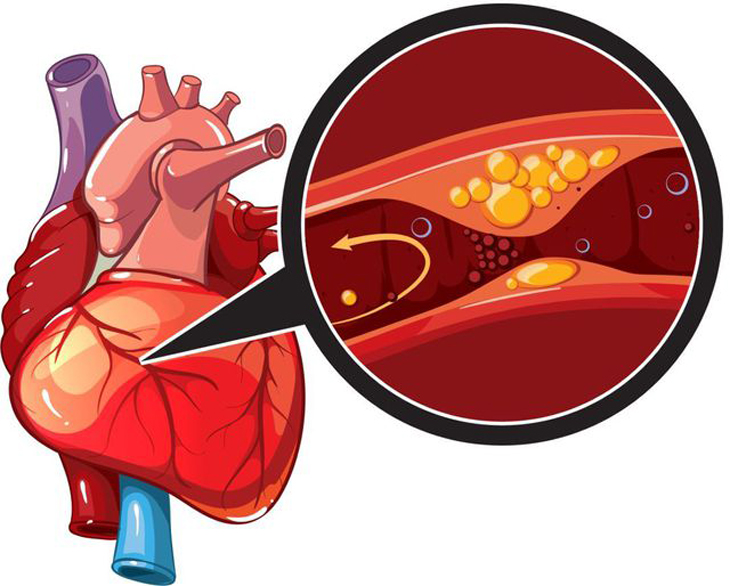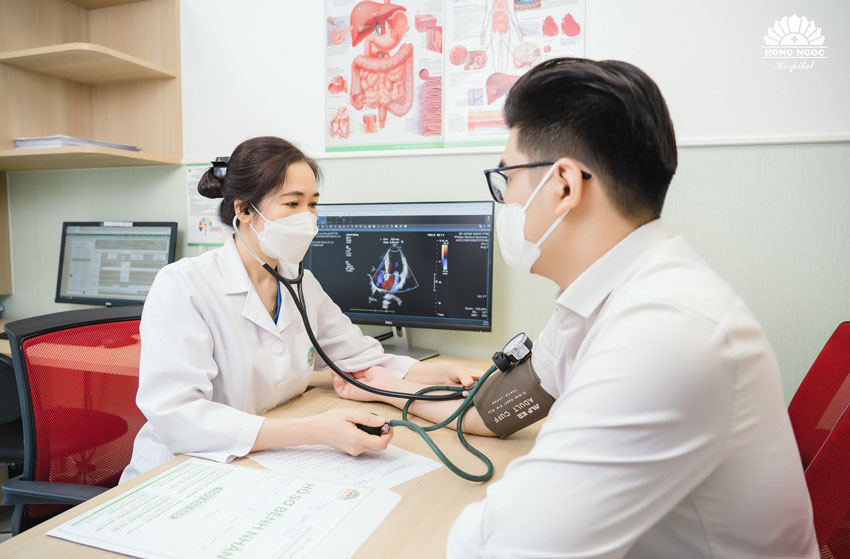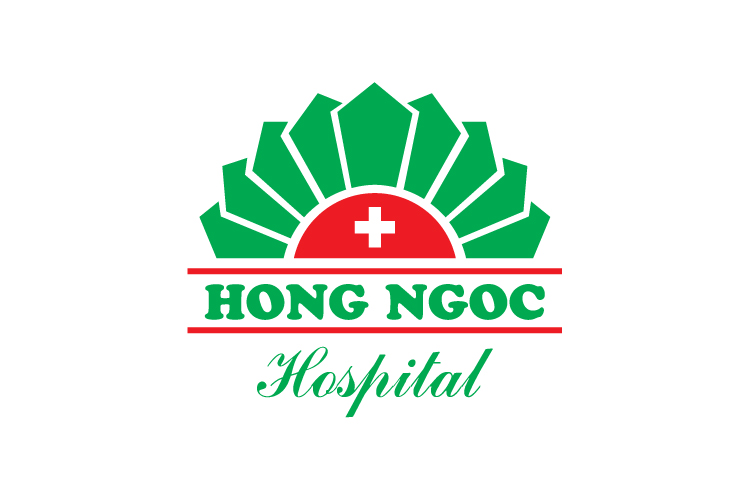A tachycardia is common during activities such as climbing stairs, exercising, or when feeling startled, anxious, or afraid. However, it can also be a warning sign of serious cardiovascular conditions and should be approached with caution
What is tachycardia?
Tachycardia refers to a heart rate that is higher than normal. For children over 10 years old and adults, a resting heart rate between 60 and 100 beats per minute is considered normal. A heart rate above this range is called tachycardia, or sinus tachycardia. It occurs when certain factors disrupt the electrical signals that control the pumping rate of the heart.

Causes of tachycardia
A healthy heart pumps blood effectively to supply the body’s organs. In contrast, when the heart is weakened, it has to work harder and beat faster to deliver enough blood, which results in an increased heart rate. This is why listening to the heartbeat can reveal important information about heart health.
There are many potential causes of an elevated heart rate. The most common include:
- Long-term high blood pressure (chronic hypertension)
- Malfunctioning heart valves
- Impaired blood circulation
- Pericarditis or fibrous pericardial adhesions
- Myocarditis
- Coronary artery disease
- Poor function of the heart’s natural pacemaker
- Insufficient oxygen supply to the heart muscle
- Thyroid disorders
- Blood disorders, such as clotting abnormalities
- Atrial septal defects
- Previous heart attacks (one or more)
- Poor or unbalanced diet, excessive salt intake
- Electrolyte imbalances
- Lung diseases, such as chronic obstructive pulmonary disease (COPD), with reduced lung elasticity affecting heart function

Temporary episodes of rapid heartbeat may be caused by factors such as:
- Vitamin deficiency
- Anemia
- Use of certain medications
- Overdose of prescribed drugs or supplements
- Excessive stress, fear, or anxiety
- Infections and high fever
- Overeating or overuse of stimulants such as tea, coffee, and tobacco
- Excessive physical exertion, for example mountain climbing or carrying heavy loads
Reader may also be interested in:
- Heart failure: A serious cardiovascular condition and what you need to know
- Myocarditis: Causes, symptoms, diagnosis, and treatment
- Hypertension – a common condition with potentially serious complications
How to manage tachycardia
Frequent episodes of rapid heartbeat, if left untreated, may lead to heart attack due to lack of oxygen, destruction of myocardial cells, spasms, and ischemia.
There are many treatment options for tachycardia, but identifying the underlying cause is essential to selecting the most appropriate and effective approach. Patients are advised to visit reputable medical facilities to determine the exact cause and receive the right treatment plan.
During medical consultation, patients should inform their doctor of any existing conditions and all medications they are taking, including those for high blood pressure, thyroid disorders, or diabetes. This helps physicians choose the most suitable treatment and medication.
In addition to following prescribed therapies, lifestyle and dietary adjustments are highly recommended. Patients should avoid foods and drinks that may increase heart rate, and limit alcohol, tobacco, and excessive supplements.
Regular exercise and stress-reducing activities such as meditation, yoga, tai chi, walking, swimming, social interaction, and community engagement can also help improve well-being, promote a healthier lifestyle, lower heart rate, and reduce the risk of heart disease.
Hong Ngoc Hospital – Cardiology Department: a trusted address for the diagnosis and treatment of cardiovascular diseases
To accurately identify the cause of tachycardia and determine the most effective treatment, patients should seek care at a reputable medical facility.
In Hanoi, the Cardiology Department of Hong Ngoc Hospital is highly regarded by patients for both its medical expertise and service quality. Choosing to have a cardiac examination at Hong Ngoc offers numerous outstanding advantages:

– The department is staffed with a team of highly qualified and experienced cardiologists in the diagnosis and treatment of cardiovascular diseases, including:
- Dr. Vu Thin – over 20 years of experience at the National Heart Institute, Bach Mai Hospital, and Hong Ngoc Hospital.
- Dr. Le Thi Thanh Hang – more than 20 years of experience at Huu Nghi Hospital.
- Dr. Le Dinh Thai (MSc) – Head of the Outpatient Department, with over 10 years of experience at Hong Ngoc Hospital.
- Dr. Cao Manh Hung (Resident Doctor) – years of experience at the National Heart Institute, Bach Mai Hospital, Hanoi Medical University Hospital, and Thanh Hoa General Hospital.
- Dr. Nguyen Thi Lan Anh – years of experience at Thanh Nhan Hospital.
– Continuous investment in state-of-the-art equipment to enhance examination and treatment quality for patients, including:
- Voluson E8 ultrasound system, vascular color Doppler
- Revolution EVO CT scanner and Signa Creator 1.5 Tesla MRI (GE Healthcare, USA) providing high-resolution imaging
- 24-hour Holter electrocardiography
- Abbott laboratory system (USA)
- Digital Subtraction Angiography (DSA) for accurate diagnosis and timely intervention in cardiovascular and cerebrovascular diseases
- Digital X-ray system
– A dedicated cardiology clinic with spacious, comfortable facilities and minimal waiting time – Caring and attentive medical staff – A spacious, well-ventilated hospital environment providing maximum comfort for patients – Complimentary buffet and convenient amenities such as free Wi-Fi, café, and on-site restaurant
For cardiology consultation and examination at Hong Ngoc Hospital, please register here:
Note: The information provided in this article by Hong Ngoc General Hospital is for reference only and should not replace medical diagnosis or treatment. Patients should not self-medicate. For an accurate diagnosis, please visit a hospital to receive direct examination, proper diagnosis, and treatment advice from a qualified physician.
Follow the official Hong Ngoc Hospital fanpage here to receive more useful health information and updates on our special offers.













